
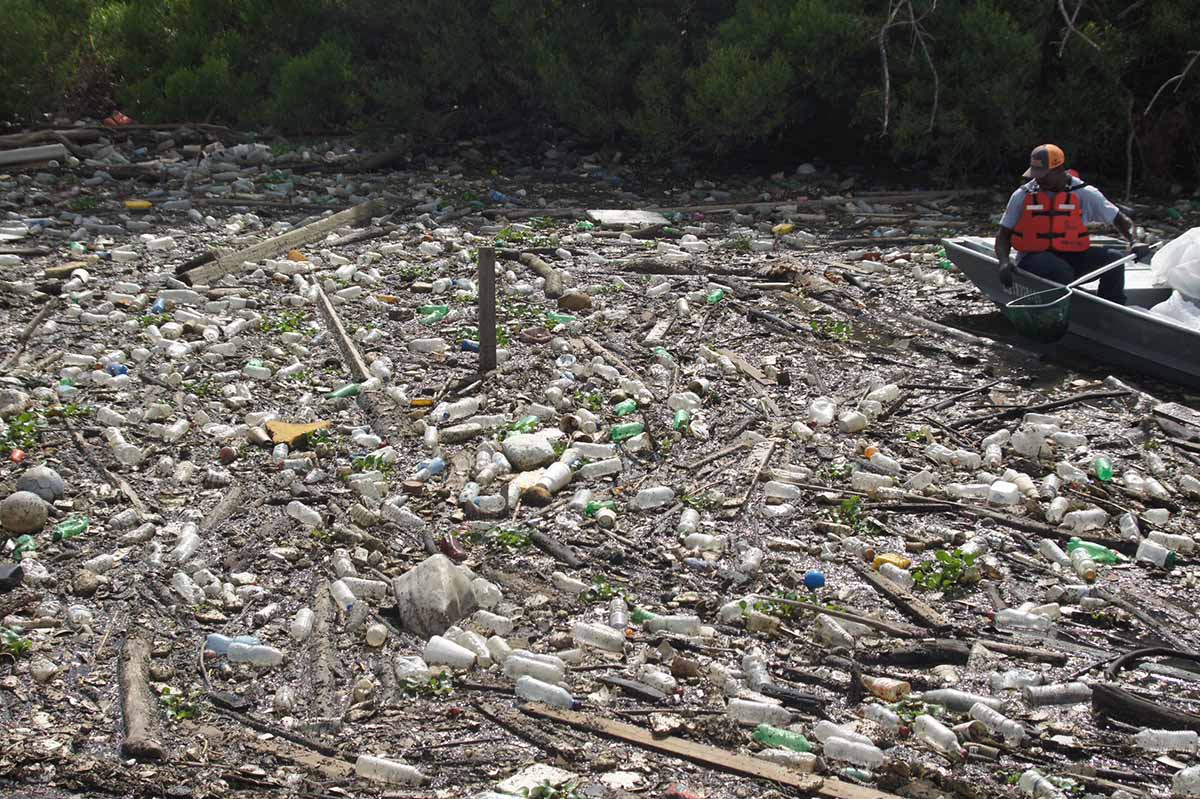
Crews remove plastic litter from Hunting Bayou in the Houston area. | Courtesy of Texans for Clean Water
Legislation being considered in Texas would create a program injecting tens of millions of dollars into the recycling system each year while also paying consumers to return plastic bottles, cups and film.

Legislation to be reintroduced will include provisions for a national bottle bill and a ban on certain single-use plastic items. | S-F/Shutterstock
Two members of Congress will revive the Break Free From Plastic Pollution Act, which includes a national container deposit system and other sweeping changes. Representatives from the plastics industry have countered the push.
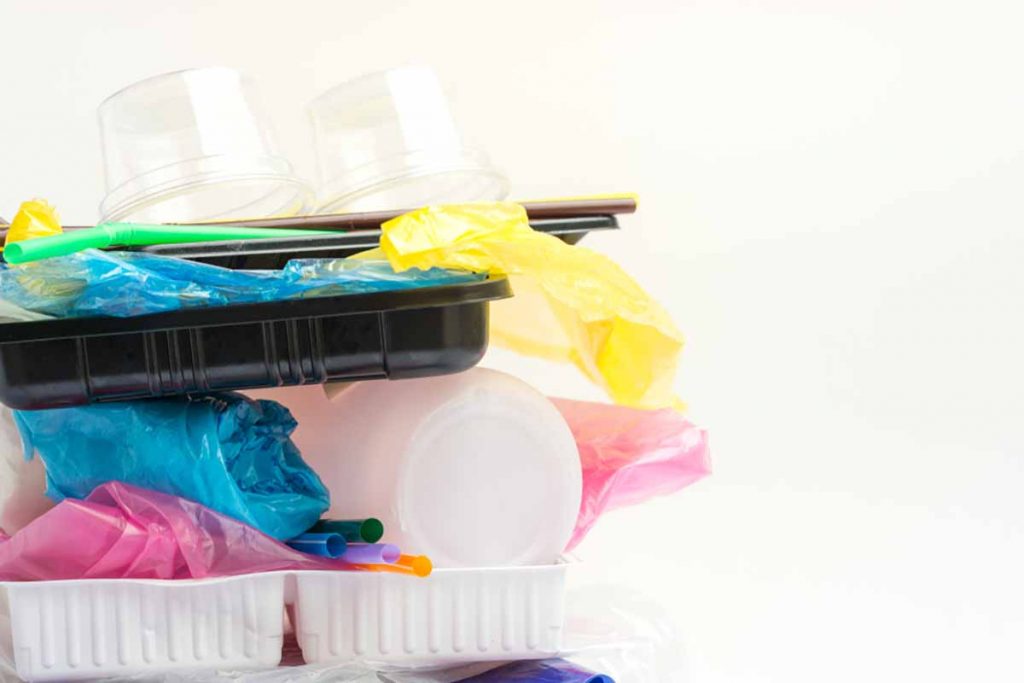
California Assembly Bill 842 requires that by 2035, all single-use plastic packaging and products distributed in California include 75% post-consumer recycled content. | Kanittha Boon/Shutterstock
California legislators introduced a bill that creates a packaging stewardship organization and adds packaging fees paid by producers. The bill is the latest in a flurry of plastics-related legislative activity in the state.
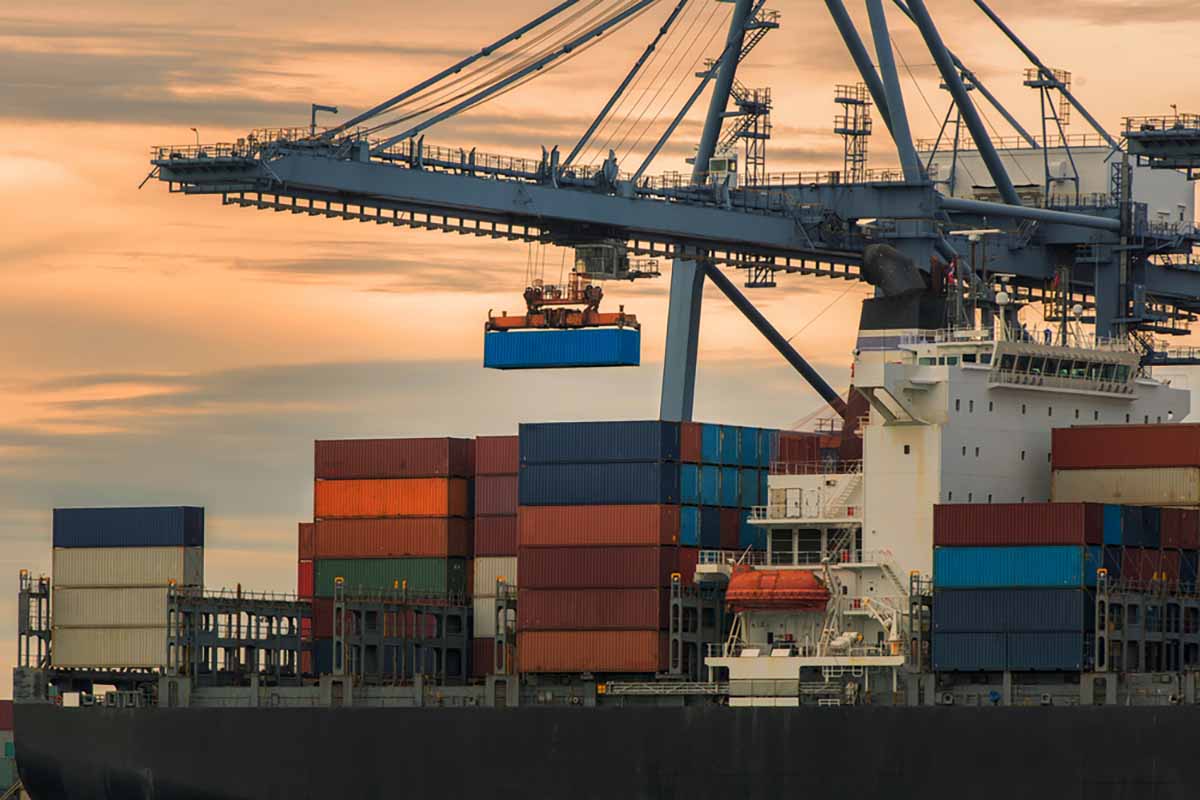
U.S. exports of recovered fiber were up slightly in January 2021 compared to the previous year. | anek.soowannaphoom/Shutterstock
Exports of U.S. scrap paper and plastic increased in January 2021 compared with 2020, despite China’s exit from the recovered paper market and new Basel Convention regulations on plastic shipments.
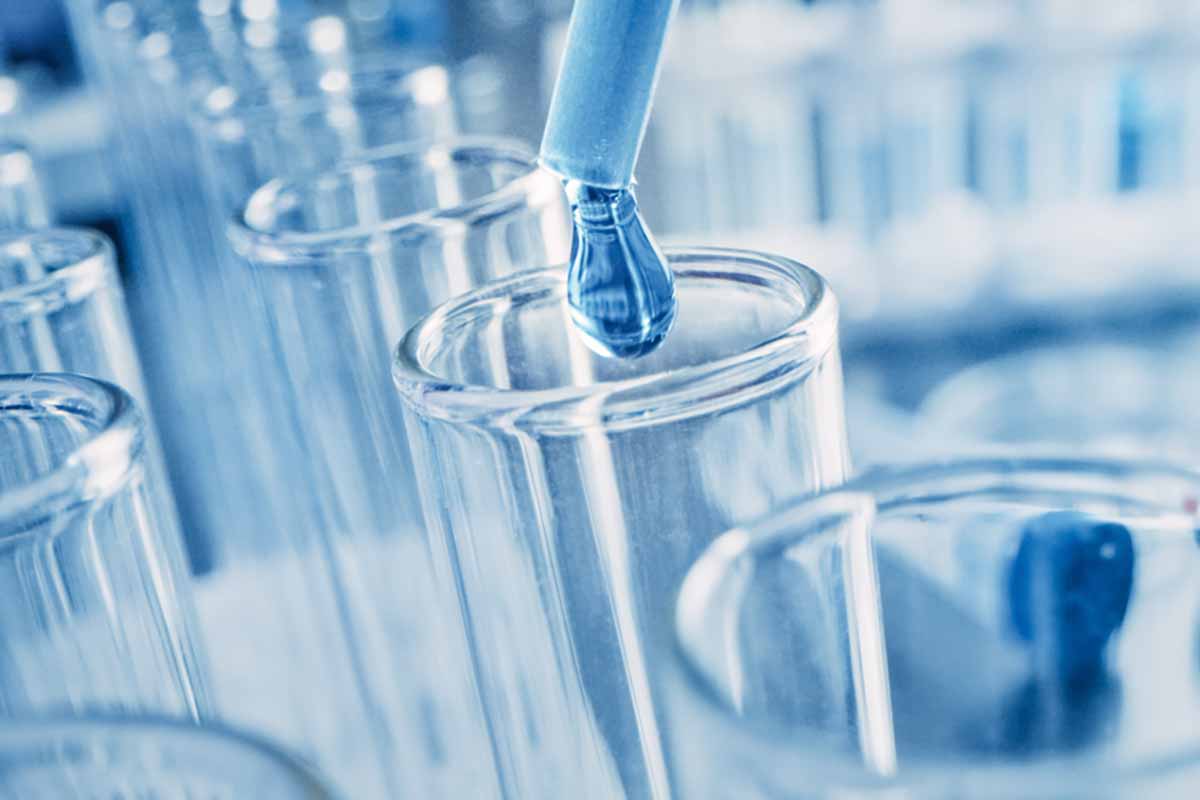
The REMADE Institute issued funding to projects exploring a variety of recycling technologies. | Gorodenkoff/Shutterstock
A federal initiative focused on energy efficiency in U.S. manufacturing recently selected two dozen recycling projects to support. A majority of the projects are related to plastics recycling, but others target fiber, metals and more.
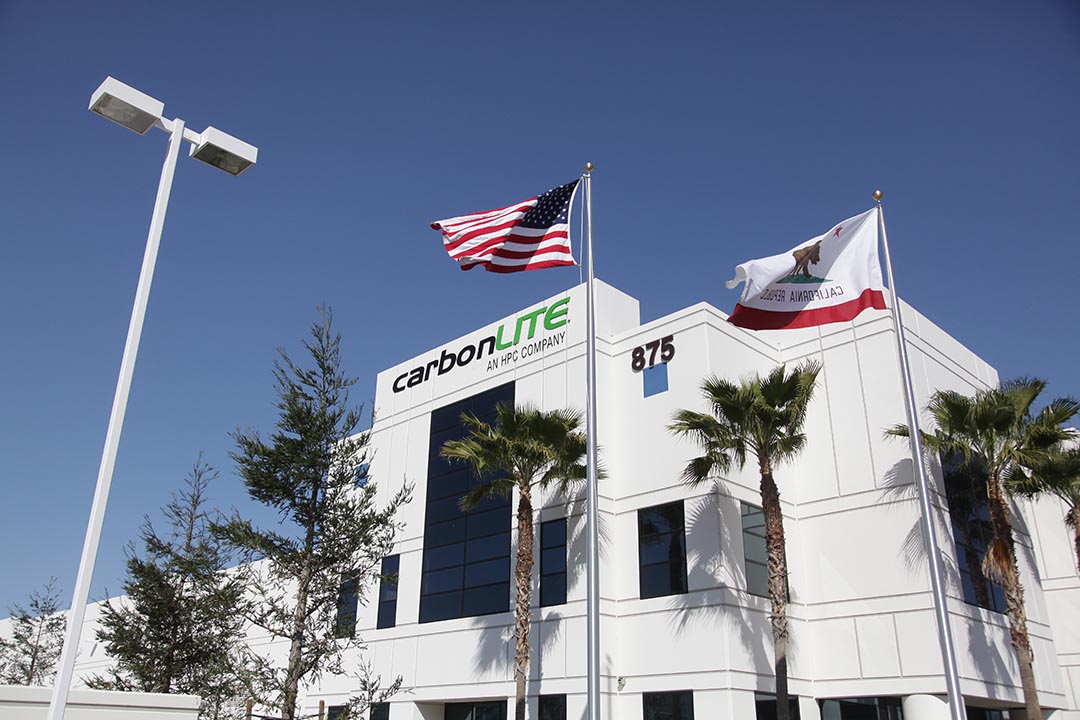
CarbonLite operates recycling facilities that bring in PET bales from deposit and curbside sources.
PET recycling firm CarbonLite and a subsidiary this week filed for bankruptcy, indicating the company plans to reorganize and continue operating. A company leader said market strife and COVID-19 impacts led to the decision.
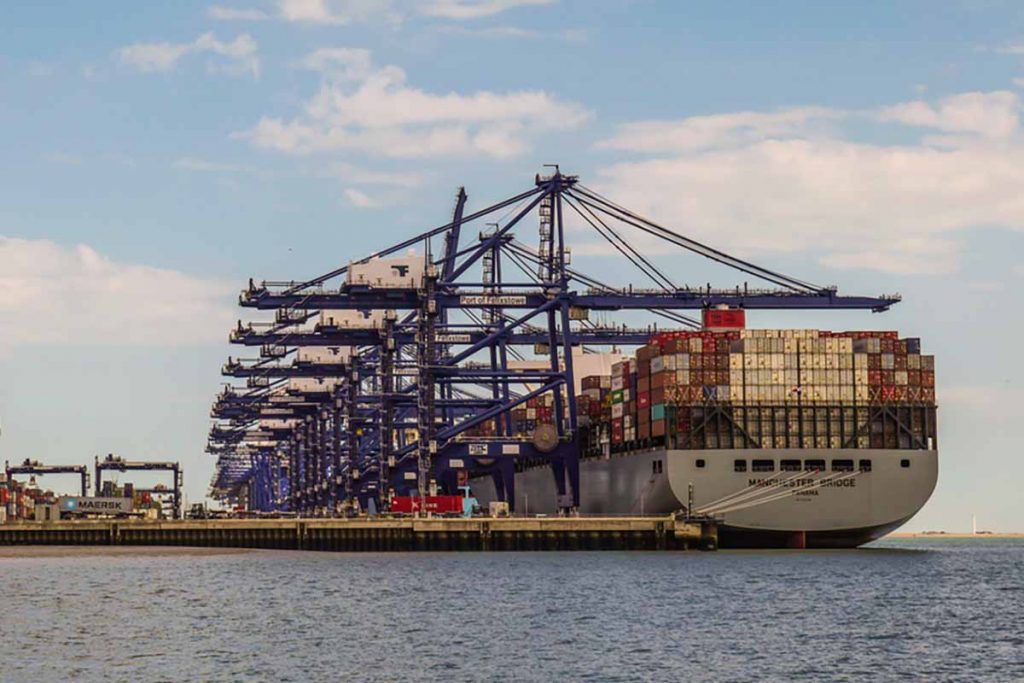
A number of environmental groups wrote to shipping lines urging them to stop carrying scrap plastics. | Jordi Prats/Shutterstock
Activists have contacted the world’s largest shipping lines, asking them to stop carrying loads that violate new Basel Convention regulations covering the global scrap plastic trade.
